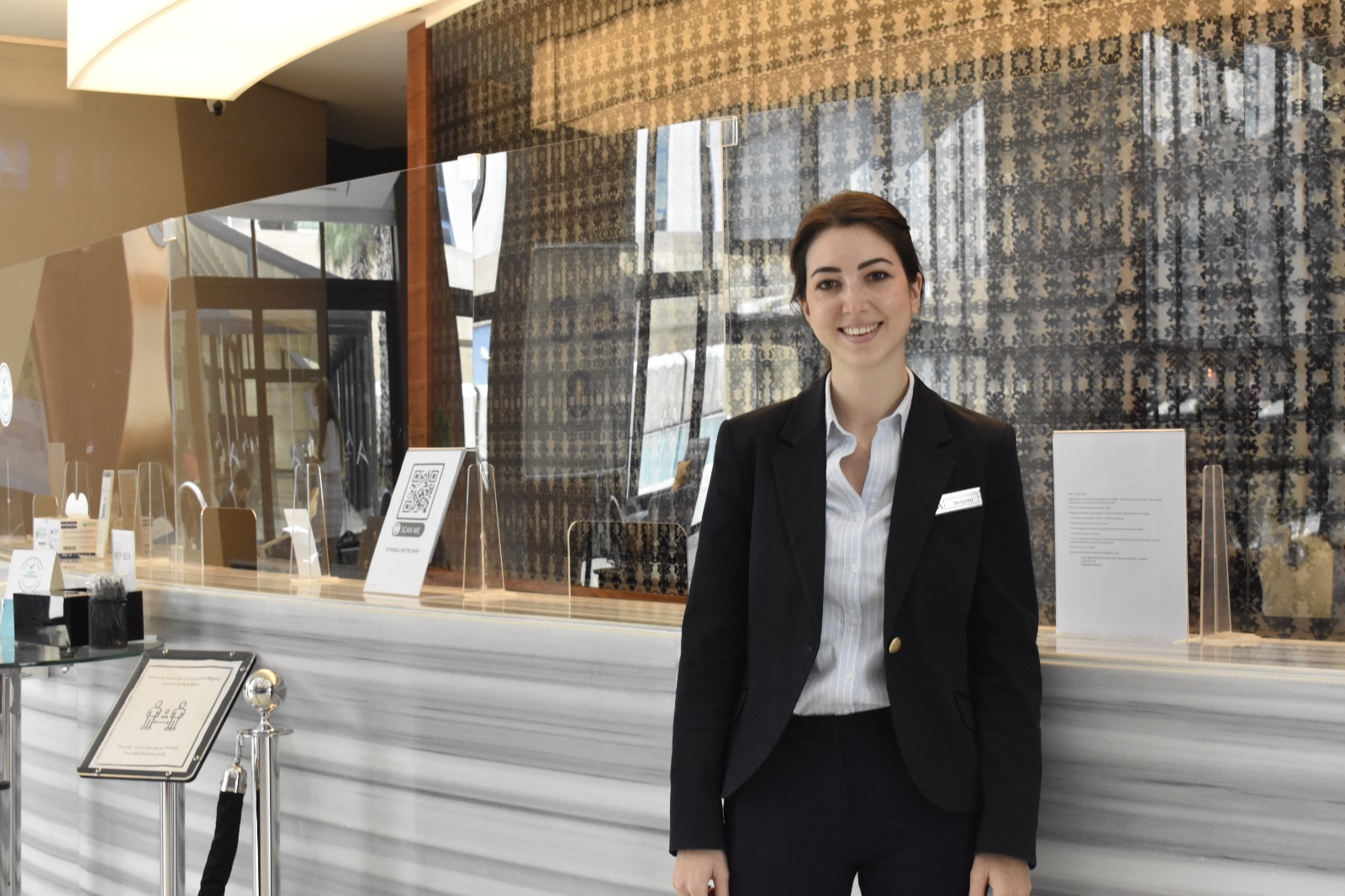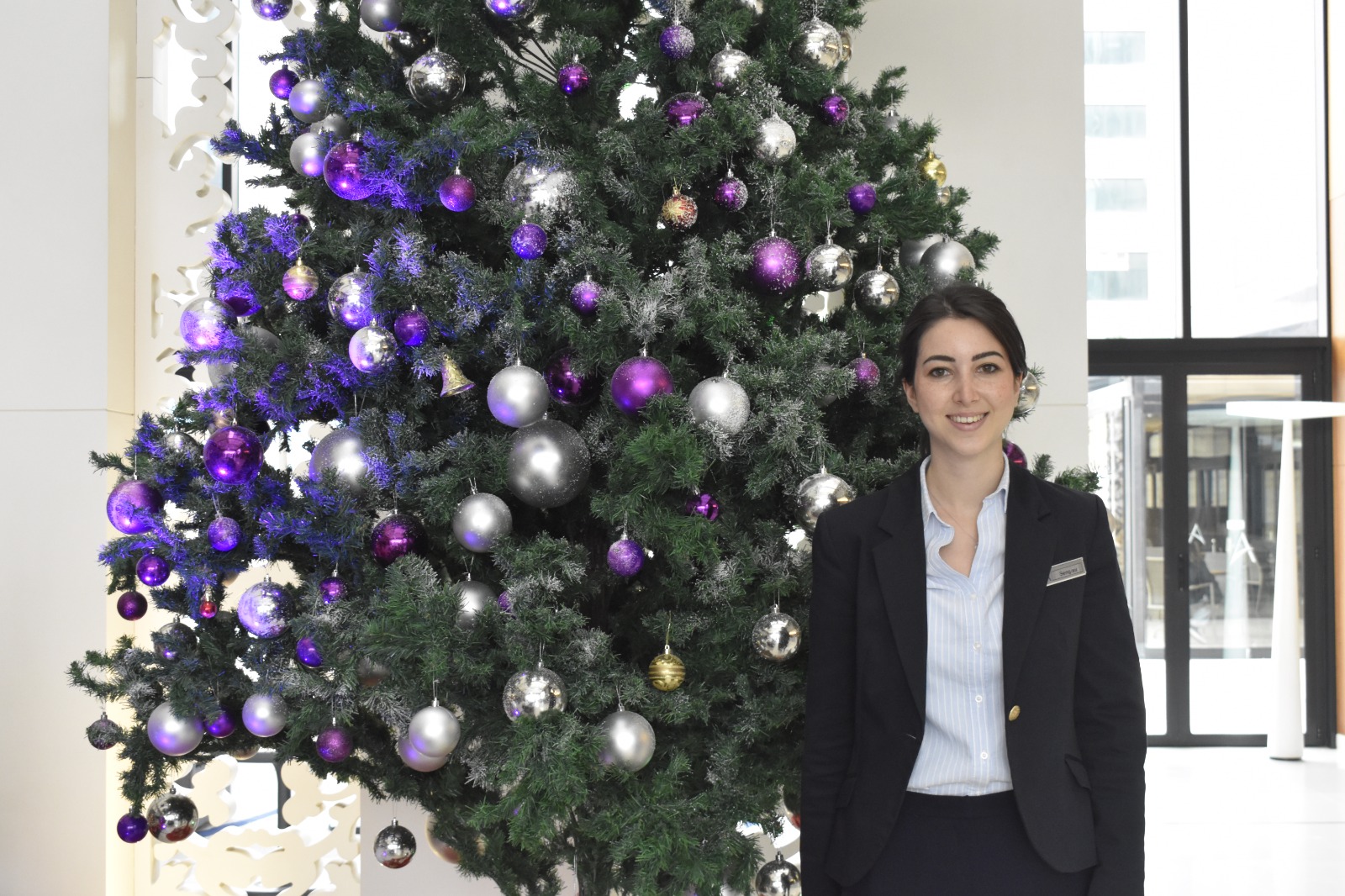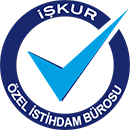Like many other sectors, experience is essential in tourism. Bengisu worked hard to improve her skills in the field she loved before graduation in addition to the compulsory internship period. “Schools provide you with language and technical knowledge that you can use in your career,” she says. “Whether you are a high school graduate or a university graduate, it is an industry entirely based on experience.”
Bengisu, who went on maternity leave when the pandemic reached Turkey, never thought of turning to another sector for work after returning from her leave. When she started searching for a job again, she looked for jobs with weekend holidays and regular working hours to be with her child, but it was not easy in her field where people are requested to work on weekends and holidays.
“Another problem in the business world is the negative perception of women and mothers,” Bengisu explained. “I stopped working for two years,” she said. “When I came back to work I was anxious about the potential negative perception because of not working in the past two years. Men do not have to worry about those issues as they can take their backpacks and go abroad because no one would judge them. Meanwhile, women can be subject to employers’ negative judgment because they will ask them whether they will leave their work again to take care of their children.”




